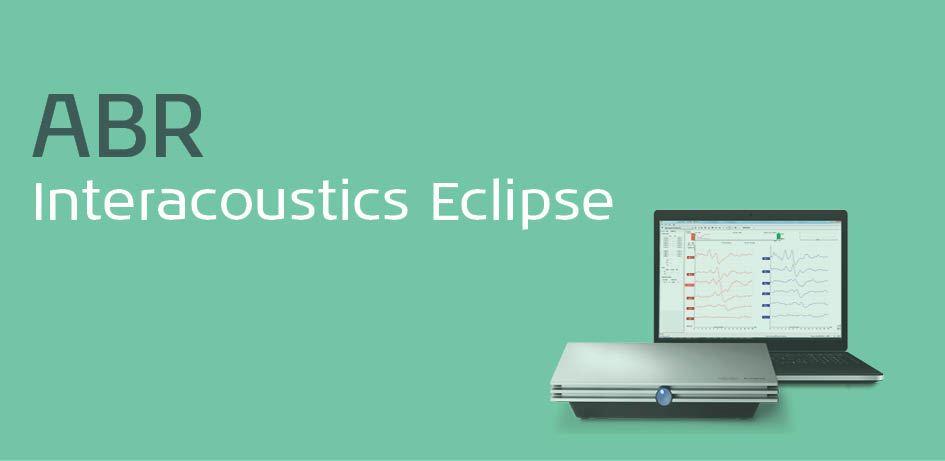Therapeutic Goods Administration (TGA)
The TGA, as part of the Department of Health, safeguards and enhances the health of the Australian community through effective and timely regulation of therapeutic goods[1].
You have possibly heard a lot about the TGA in the news over recent years. Thanks to Covid-19 we are now well across the term ‘TGA’ and their involvement in the approval of vaccines. But did you know who the TGA are and what do they do in terms of Audiology and Diagnostic clinics? The TGA are essential to the running of our business at Interacoustics and therefore, yours as well. Behind the scenes, without TGA approval on medical devices, our business and yours, would not be able to run!
So, what is classified as a medical device?
Medical devices are defined by section 41BD of the Therapeutic Goods Act 1989 (the Act)[2], and further informed by the Therapeutic Goods (Articles that are Medical Devices) Specification 2020.
In summary, medical devices:
- are used for humans;
- are intended to diagnose, prevent, monitor, treat or alleviate a disease or injury, or modify or monitor anatomy or physiological functions of the body;
- generally achieve their purpose by a physical, mechanical or chemical action.
For a hearing clinic or hospital, this relates to ALL your diagnostic equipment, consumables, and rehabilitation devices, including hearing aids and implants. It also applies to your personal protection equipment (PPE).
The TGA regulates all medical devices that are imported into, supplied in, or exported from Australia under the Therapeutic Goods Act 1989.
There are 3 main classes of medical devices. The level of risk they pose to the patient will determine their class. Class I being the lowest and least likely to pose a risk; it includes most consumables items. The higher classification level, the tougher the requirements will be. Class III is now the highest level and includes implantable devices such as cochlear implants and their sound processors.
Once a rigorous approval process is successfully completed by a company, their devices are included on the Australian Register of Therapeutic Goods (ARTG). The public is free to search this register. Although, it can be difficult to ascertain individual products due to the systems listing processes where individual product names are not used.
The high workload and upkeep that is required by hearing device manufacturers ensures that the products you are using in your clinic and on your patients are of the highest quality and meet TGA standards, as dictated by the legislation. This also comes at a high cost. This applies to the initial approval onto the register and for the ongoing annual TGA fee’s. These fee’s go towards maintaining the high level of scrutiny placed on sponsors of devices and ensure safety for all.
Locally Interacoustics Australia is known as a Sponsor. That is, we are not making the devices locally, but bringing them in from our manufacturing plants overseas. Anyone who brings in medical devices to Australia is a sponsor and must locally list on the TGA register to supply and sell medical device products.
Perhaps you may consider purchasing consumables, equipment and devices online for monetary savings, please keep in mind that you most likely purchasing and supplying a medical device. The importation of devices from overseas that are not listed on the register and do not have a local sponsor, is most likely in breach of the regulations and may put your business at risk. Moreover, it puts the safety of your patients at risk and undermines the work the TGA do to ensure a health system that is the envy of many other countries around the world.
So, when we are asked why items are cheaper in the USA or we hear comments like “I can go on eBay and buy something similar”, these comments tell us that the rigorous local processes for TGA are not fully understood by our customers. You may often here this as well from your patients and it is a timely reminder to reinforce the benefits our health care system provides to them.
A note on button batteries: Recently there have been changes to the legislation regarding button batteries. This legislation differs to the TGA and is a requirement of the Australian Competition and Consumer Commission (ACCC). To read about those changes, please view them here: Button and coin batteries | Product Safety Australia
Hearing aids are exempt from the legislation, but hearing implants are not, therefore it is important you read these notices in relation to your business practices. Reach out to your distributor for more information on the button battery changes if necessary.
If you would like to know more about the TGA or would like to address items in your clinic that you would like to ensure meet the legislation, please reach out to Megan Price for more information:
This resource page is provided for information only. For the necessary regulatory or legislative requirements your business needs to adhere to, please seek professional advice.
Resources
[1] https://www.tga.gov.au/
Latest Articles

ABR Interacoustics Eclipse

ASSR and ABR Comparison on the Eclipse
